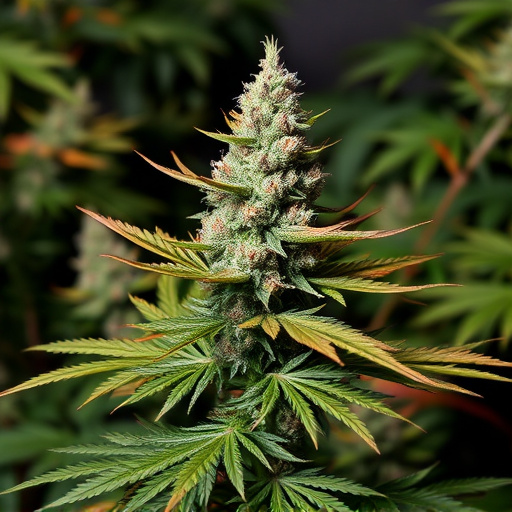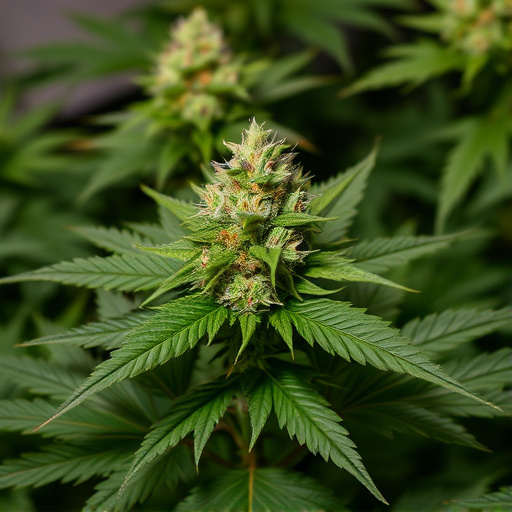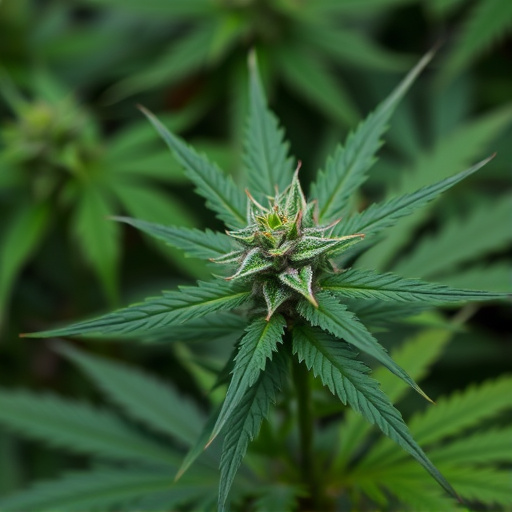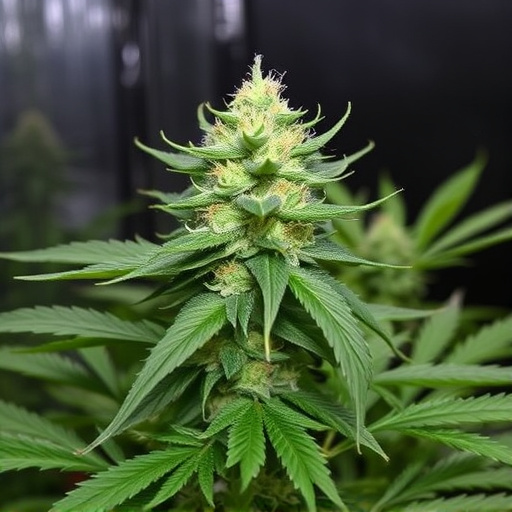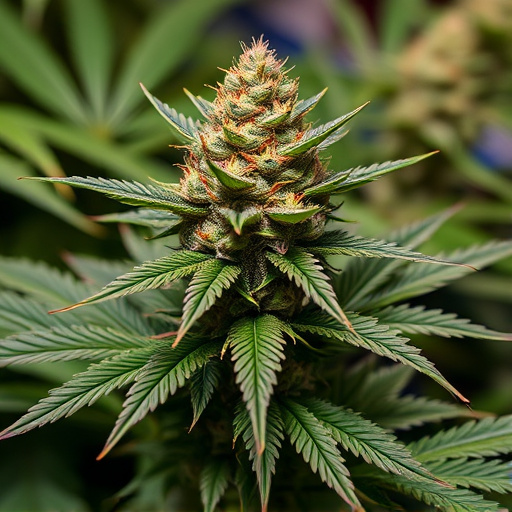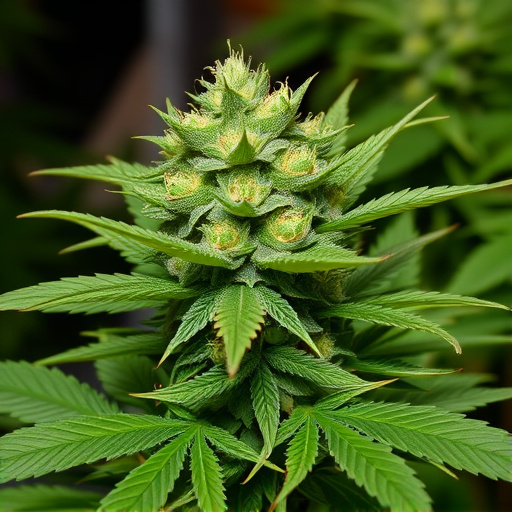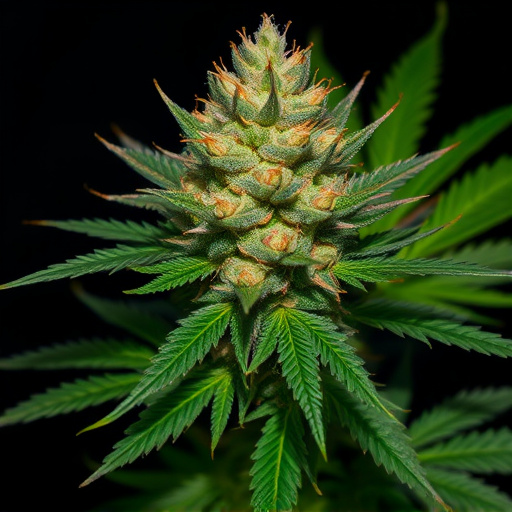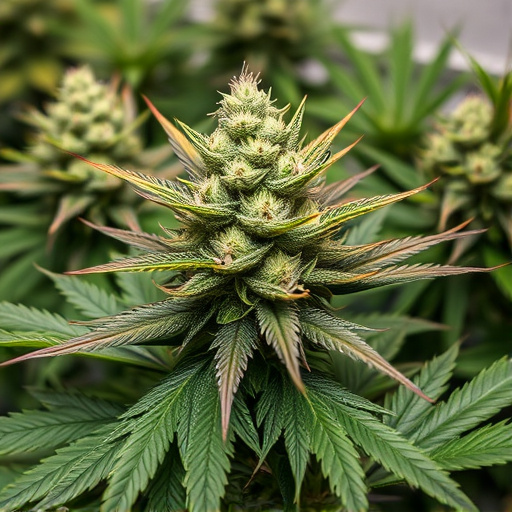Cannabis strains vary greatly in their cannabinoid profiles, with strong cannabis strains high in THC offering powerful psychological effects but potentially triggering anxiety, while strains rich in CBD provide medicinal benefits without psychoactivity. Choosing the right strain depends on individual needs and desired outcomes. Medical marijuana treatment varies based on conditions; strong cannabis strains can help chronic pain but may not be suitable for everyone due to potential safety risks. Consulting healthcare professionals ensures tailored treatments using specific cannabinoid profiles, such as high-CBD for anxiety or indica varieties for pain and sleep disorders, while maintaining purity and avoiding contaminants through reputable sources.
In today’s medical cannabis landscape, understanding the right strains for specific conditions is paramount. This guide aims to demystify the world of cannabis, focusing on powerful strains tailored to various medical needs. We’ll explore how different strains interact with the body, highlighting their unique compositions and effects. From anxiety relief to pain management, discover the strongest cannabis strains proven effective for diverse ailments, ensuring safe and targeted treatment options.
- Understanding Cannabis Strains and Their Effects
- Targeted Conditions and Recommended Strains
- Safety Considerations for Medical Cannabis Use
Understanding Cannabis Strains and Their Effects
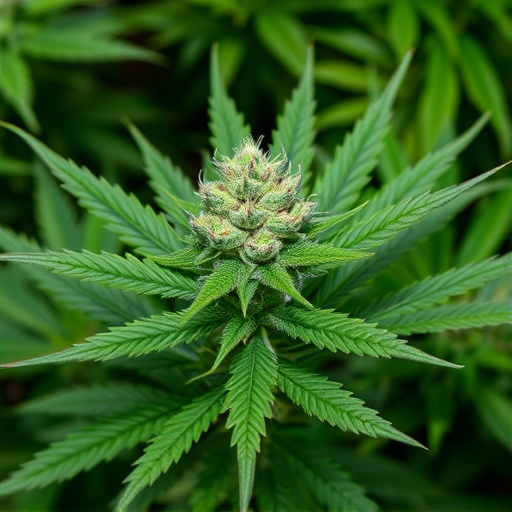
Cannabis strains vary greatly in their compositions of THC (tetrahydrocannabinol), CBD (cannabidiol), and other cannabinoids, which directly influence their effects on the body and mind. Understanding these variations is key to selecting the best strain for specific medical conditions. Strong cannabis strains, for instance, are typically high in THC, known for delivering potent psychological effects, including euphoria and relaxation. However, they may also induce anxiety or paranoia in some users.
In contrast, strains with higher CBD content are often sought after for their potential medicinal benefits without the psychotropic effects. These non-intoxicating or low-THC strains can be particularly beneficial for conditions like epilepsy, chronic pain, and inflammation. The right choice depends on individual needs, tolerance, and desired outcomes—whether it’s managing symptoms, achieving relaxation, or seeking relief from specific ailments.
Targeted Conditions and Recommended Strains
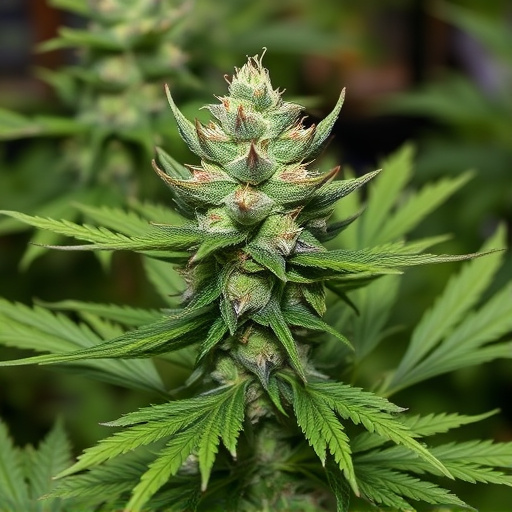
When it comes to medical marijuana, different conditions require different approaches. Targeted conditions dictate the choice of recommended strains, each with its unique profile of cannabinoids and terpenes. For instance, patients suffering from chronic pain often benefit from strong cannabis strains high in THC, such as Blue Dream or Girl Scout Cookies, known for their potent analgesic properties.
Those dealing with anxiety or depression might find relief in strains like Lavender or Strawberry Cough, which typically have higher CBD content and can help mitigate these symptoms without the intoxicating effects of high THC levels. Certain conditions, like epilepsy, may respond better to specific cannabinoid profiles found in rare or hybrid strains, emphasizing the importance of personalized medicine in the world of medical cannabis.
Safety Considerations for Medical Cannabis Use
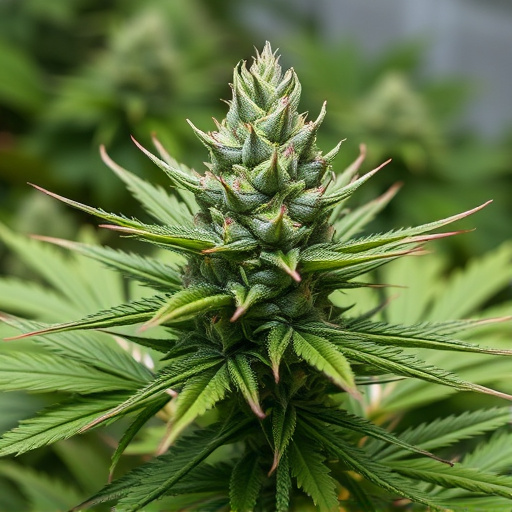
When considering medical cannabis, it’s crucial to balance potential benefits with safety considerations. Unlike recreational use, where potency might be a primary focus, medical applications often require a nuanced approach. Strong cannabis strains, while potent, may not always be suitable for all conditions or individual tolerances. It’s essential to consult healthcare professionals who can guide patients towards strains known for specific therapeutic properties, such as those with high CBD content for anxiety or inflammation, or indica varieties for managing pain and sleep disorders.
Safety involves understanding the effects of different terpenes and cannabinoids, like THC and CBD, which vary among strains. Patients should be aware of potential side effects and interactivity with other medications. Additionally, ensuring a reliable and reputable source for cannabis products is vital to avoid contaminants or misrepresented potency. Regular communication with healthcare providers helps tailor treatments using strong cannabis strains to individual needs while minimizing risks.
In navigating the complex world of medical cannabis, understanding specific strain characteristics is key to finding effective treatment. By targeting conditions like pain, anxiety, or insomnia with suitable strains, such as those known for their high CBD content or potent THC alternatives, patients can experience significant relief. Remember that everyone’s response to cannabis varies, so consulting healthcare professionals and experimenting with different strains is essential. Safety considerations, including dosage adjustments and monitoring potential side effects, should also be taken seriously to ensure a positive and beneficial medical cannabis experience.


